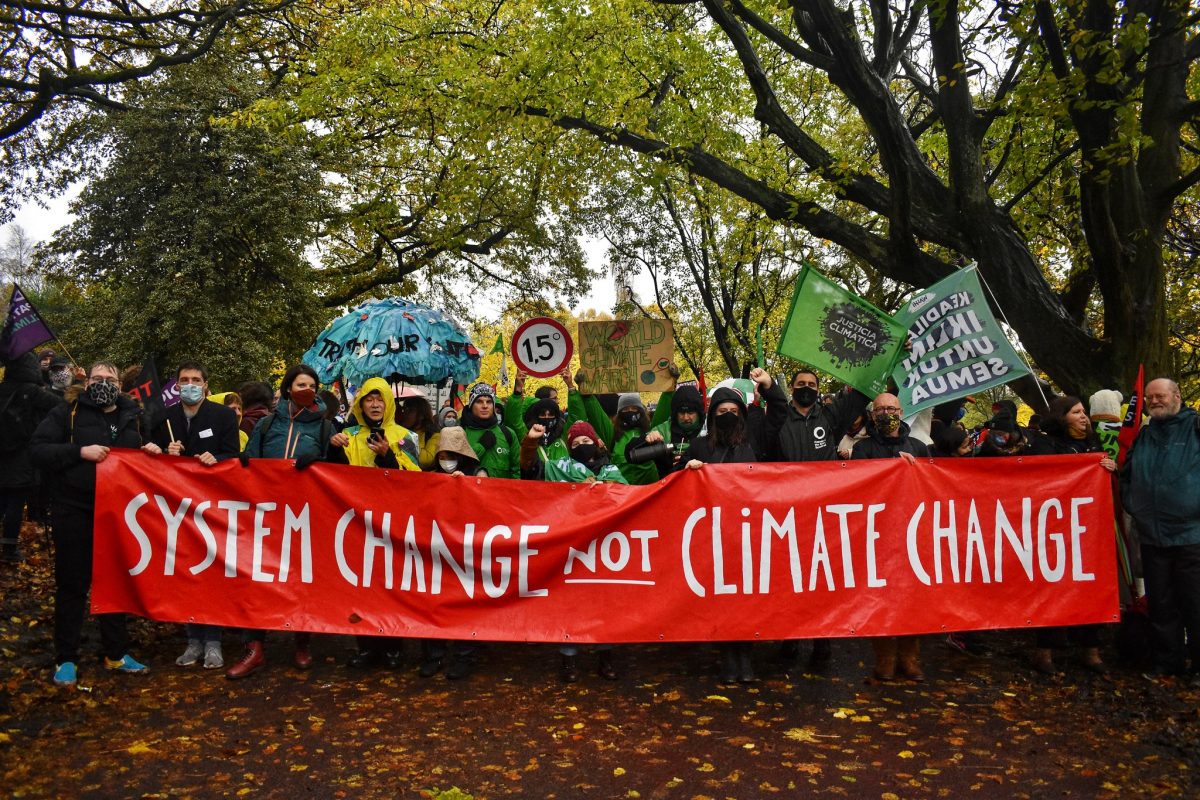
Starting a local group – what’s involved?
Starting a local group – what’s involved?
Coming together with other people in your area is a powerful way of making positive change. There are plenty of examples of how people power can make a difference. One such example is a small community in Fife who managed to stop a new gas power plant being built next to their village. Read about their story here.
Is starting a new local group right for you?
Starting something new can be a lot of work, so check if there are existing groups that you could join or work with. Check our map to see what groups might already be in your area. If there isn’t, or you want to campaign on a specific issue or take a different focus, read on to see what it might take to start a local campaign group!
Getting started
Start by speaking to people you know; friends, neighbours, parents at your child’s school, people in your exercise class – what are the issues that they are most concerned about? Would they be interested in joining in?
Holding an event is a good way to get more people interested. Get a small team of people together to help you; make posters or flyers and an event listing on social media. Share it in online community groups, put up posters in libraries, cafes and notice boards. Get in touch with us at activism@foe.scot if you are looking for speakers or just help with organising and getting the word out.
Hold a follow up meeting for people who are interested. In generally you should try to always have something planned a step ahead to point people to to keep up the momentum!
Get people to take up tasks to help with running the group as soon as possible. Taking on responsibility keeps people involved and also shares the workload and power!
Structure
It is up to you and the others involved as to how you structure yourselves. Here are some options:
- Flat structure with no specific roles – people just undertake tasks whenever they are able to
- Flat structure with rotating roles – people fill certain tasks (e.g.: treasurer, campaign co-ordinator, someone to chair meetings) for a set amount of time and then rotate
- Elected roles – your group elects or decides by consensus who will take on a few main roles such as chair, treasurer, secretary, or a co-ordination committee.
Getting more people involved
- Register your group with FoE Scotland’s People Power Network so people can find you!
- Put up posters in your local community – local shops, cafes, community centres
- Set up social media accounts so people can keep up to date
- Post in local Facebook pages
- Get some local press around events and campaign moments
- Stalls in a public place are a great way to speak to new people about your group. Have an email list sign up, a campaign ask (e.g. sign this petition, tweet your councillor) and a follow up meeting for people to come to
- Reach out to and build relationships with other groups in your community, including faith groups, other campaign groups and community councils
- Ask people in your group to talk to 3 people about the campaign before the next meeting
Building a campaign
Pick an issue that people in your group and community are concerned about and feel passion about.
Research the issue. Speak to other groups in the PPN who work on this, relevant experts, local people.
Pick a campaign aim. This should be something tangible and winnable that works towards your wider goal. Identify who can make the decision on this – they are your target.
Work with your group to come up with a strategy for influencing your target:
Who are your allies? Who could you get on side?
What resources do you have that you could use?
Who or what has influence over your target?
What tactics are you going to use?
How are you going to use this to build your group?
Your strategy should be flexible. Try one tactic, then reflect and evaluate with your group about how it went.
